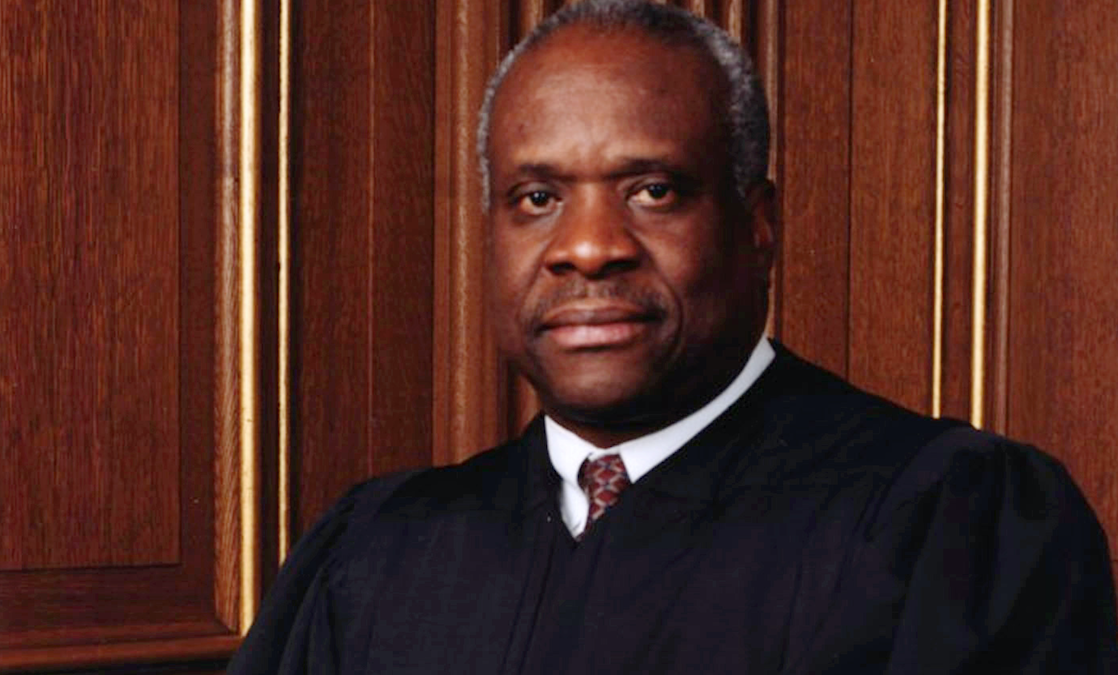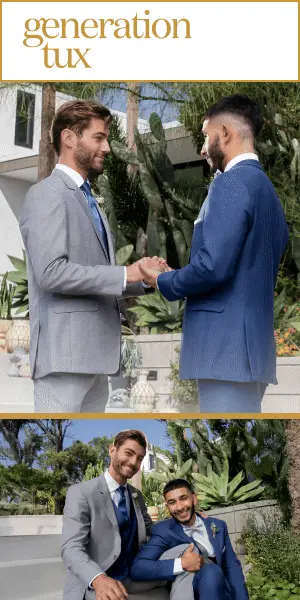Supreme Court Justice Clarence Thomas urged the U.S. Supreme Court to feel they are not bound to upholding precedent. The case was about legal double jeopardy, in which you can’t be tried twice for the same crime. By a 7-2 vote, the Court upheld current interpretation of the law, allowing both state and federal governments to pursue the same charges against an Alabama man.
Thomas wrote a separate concurring opinion, however, that the Supreme Court should reconsider how it respects legal precedent (or stare decisis). He said the justices should not uphold precedents that are “demonstrably erroneous,” and the case he suggested to make his argument was Oberfell v. Hodges, the case that made marriage equality a national right in 2015.
“I write separately to address the proper role of the doctrine of stare decisis,” Thomas said in his opinion. “In my view, the Court’s typical formulation of the stare decisis standard does not comport with our judicial duty under Article III because it elevates demonstrably erroneous decisions—meaning decisions outside the realm of permissible interpretation—over the text of the Constitution and other duly enacted federal law.”
He cited Chief Justice Roberts’ dissent in the marriage equality case.
“It is always ‘tempting for judges to confuse our own preferences with the requirements of the law,’ Obergefell v. Hodges,” said Thomas, “and the Court’s stare decisis doctrine exacerbates that temptation by giving the venire of respectability to our continued application of demonstrably incorrect precedents.”
Thomas’ complaint sets the opportunity to revisit the Obergefell v. Hodges ruling if it arises. His dissent also has potential implications for other rulings, including Roe v. Wade; he recently compared abortion to eugenics. His position as a conservative legal thought leader makes these comments threatening to the future of both rulings.
Fin Leary
MOST VIEWED STORIES
- Tanaine and Daniella’s Classic Black and White Atlanta Wedding
- Frankie and Ryan’s Romantic San Francisco City Hall Wedding
- An At-Home Love Story in Decatur, GA: Amy and Britt’s Lifestyle Engagement Session
- Beyond the Bread: Creative and Inclusive Gluten-Free Wedding Food Ideas
- Ashley and Stephanie’s Cozy Maine Mountain Wedding at Sunday River























